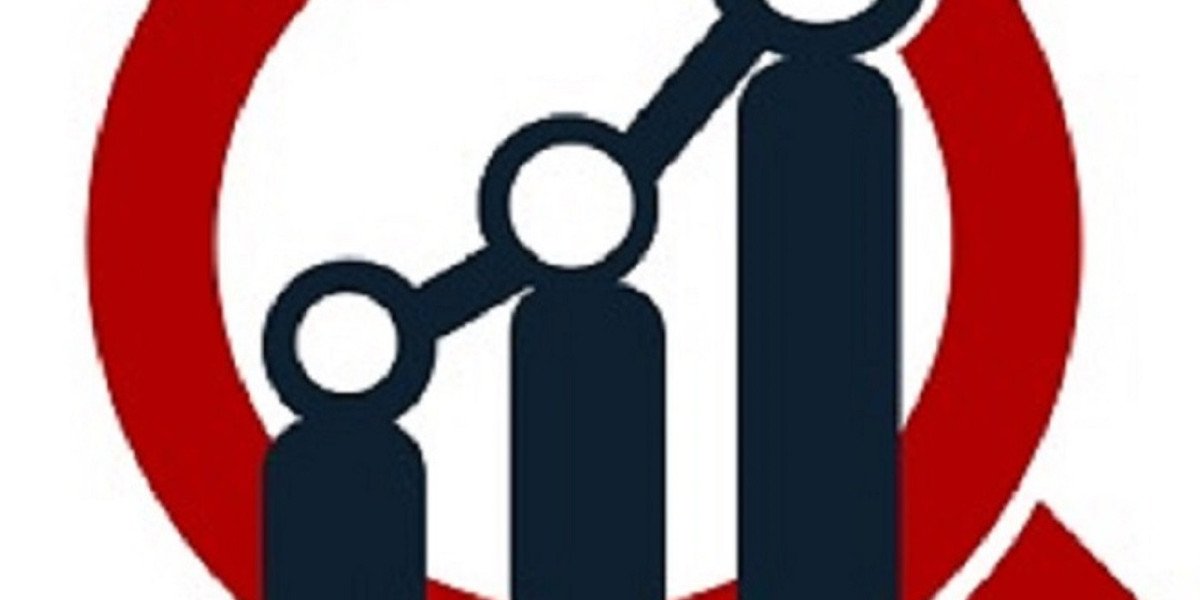The global Smart Trash Can market is witnessing remarkable growth as consumers increasingly embrace smart home technologies. Smart trash cans, equipped with motion sensors, automatic lid operation, odor control systems, and app integration, are redefining waste management in households and commercial spaces. Rising awareness of hygiene, convenience, and environmental sustainability is driving the adoption of these innovative products, making them a key component of modern smart homes.
Market Overview and Dynamics
The global smart trash can market was valued at USD 1.35 billion in 2024 and is expected to reach USD 3.12 billion by 2032, growing at a CAGR of 10.3% during the forecast period. Increasing urbanization, rising disposable incomes, and the growing penetration of IoT-enabled home products are contributing to market expansion. The demand for automated and hygienic waste management solutions is particularly strong in North America, Europe, and Asia-Pacific regions.
Get Sample Report of Smart Trash Can Market @ https://marketintelo.com/request-sample/1832
Technological advancements have enhanced the functionality of smart trash cans, offering features such as touchless operation, built-in compaction, odor elimination, and Wi-Fi or Bluetooth connectivity. Consumers are seeking products that combine convenience, design aesthetics, and sustainability, driving manufacturers to innovate continuously. The growing trend of eco-friendly living and smart home ecosystems is further boosting the market.
Market Segmentation
By Product Type
The smart trash can market is segmented into sensor-based, foot pedal-based, and app-controlled models. Sensor-based trash cans dominate the market due to their convenience and hands-free operation, while app-controlled models are gaining popularity for their integration with smart home systems. Foot pedal-based models offer a cost-effective solution, primarily targeting budget-conscious consumers.
By Application
Applications of smart trash cans span residential, commercial, and public spaces. Residential applications account for the largest market share, driven by demand for convenience, hygiene, and integration with smart home systems. Commercial and public sectors are increasingly adopting smart trash cans in offices, hospitals, and public venues to enhance cleanliness, streamline waste management, and improve user experience.
Get Sample Report of Smart Trash Can Market @ https://marketintelo.com/request-sample/1832
By Technology
The market can also be categorized based on technology into motion sensor, infrared sensor, and manual override systems. Motion sensor technology dominates due to its ability to provide automatic lid opening and hands-free operation. Infrared sensors are widely used for enhanced precision and reliability, while manual override systems serve as backup options for energy efficiency and safety.
Regional Insights
North America leads the global smart trash can market, owing to high smart home adoption, technological advancements, and awareness about hygiene and sustainability. The United States is the largest regional contributor, supported by the growing trend of smart living and connected devices. Europe follows closely, with Germany, France, and the United Kingdom witnessing strong adoption rates. Asia-Pacific is emerging as a lucrative market, driven by urbanization, rising disposable incomes, and increasing penetration of smart home devices in countries such as China, Japan, and India.
Market Drivers and Restraints
Key Drivers
Rising Smart Home Integration: The growing adoption of smart home ecosystems is driving demand for intelligent waste management solutions.
Focus on Hygiene and Convenience: Consumers are increasingly prioritizing touchless and odor-free waste disposal, boosting market growth.
Technological Innovations: Features like app integration, motion detection, and self-compaction enhance product appeal and user experience.
Key Restraints
High Product Costs: Advanced smart trash cans are relatively expensive, limiting adoption among price-sensitive consumers.
Maintenance Challenges: Complex features and sensor-based systems may require regular maintenance, discouraging some buyers.
Read Full Research Study: https://marketintelo.com/report/smart-trash-can-market
Competitive Landscape
The smart trash can market is highly competitive, with key players focusing on product innovation, strategic collaborations, and geographical expansion. Leading companies include Simplehuman, iTouchless, Ninestars, Joseph Joseph, Nine Stars, Glad Products Company, and Brabantia. These companies are investing in R&D to introduce products with enhanced sensor accuracy, odor control, compact design, and smart home connectivity.
Strategic Initiatives
Product Innovation: Companies are developing advanced sensor-based, app-enabled, and voice-controlled trash cans with enhanced hygiene and user-friendly features.
Strategic Partnerships: Collaborations with IoT platform providers and smart home system developers are enabling seamless integration and increased adoption.
Global Expansion: Market leaders are expanding into emerging economies in Asia-Pacific and Latin America to capture growing consumer demand.
Future Outlook
The smart trash can market is projected to maintain robust growth through 2032. Increasing urbanization, rising disposable incomes, and the expanding smart home ecosystem are expected to drive adoption across residential and commercial applications. Future innovations may include AI-driven waste sorting, energy-efficient systems, and integration with home automation platforms, further enhancing market potential.
As hygiene, convenience, and sustainability continue to dominate consumer preferences, smart trash cans are likely to become an essential component of modern households, offices, and public spaces. Startups and innovators have significant opportunities to introduce next-generation products with advanced features, meeting evolving market needs and enhancing user experience.
Conclusion
The global smart trash can market is set to reach USD 3.12 billion by 2032, growing at a CAGR of 10.3%. Driven by technological advancements, increasing smart home adoption, and growing focus on hygiene and sustainability, the market offers attractive growth opportunities for manufacturers, investors, and innovators. As applications expand across residential, commercial, and public sectors, smart trash cans are poised to redefine waste management, providing convenience, efficiency, and enhanced user experience worldwide.
Related Report








